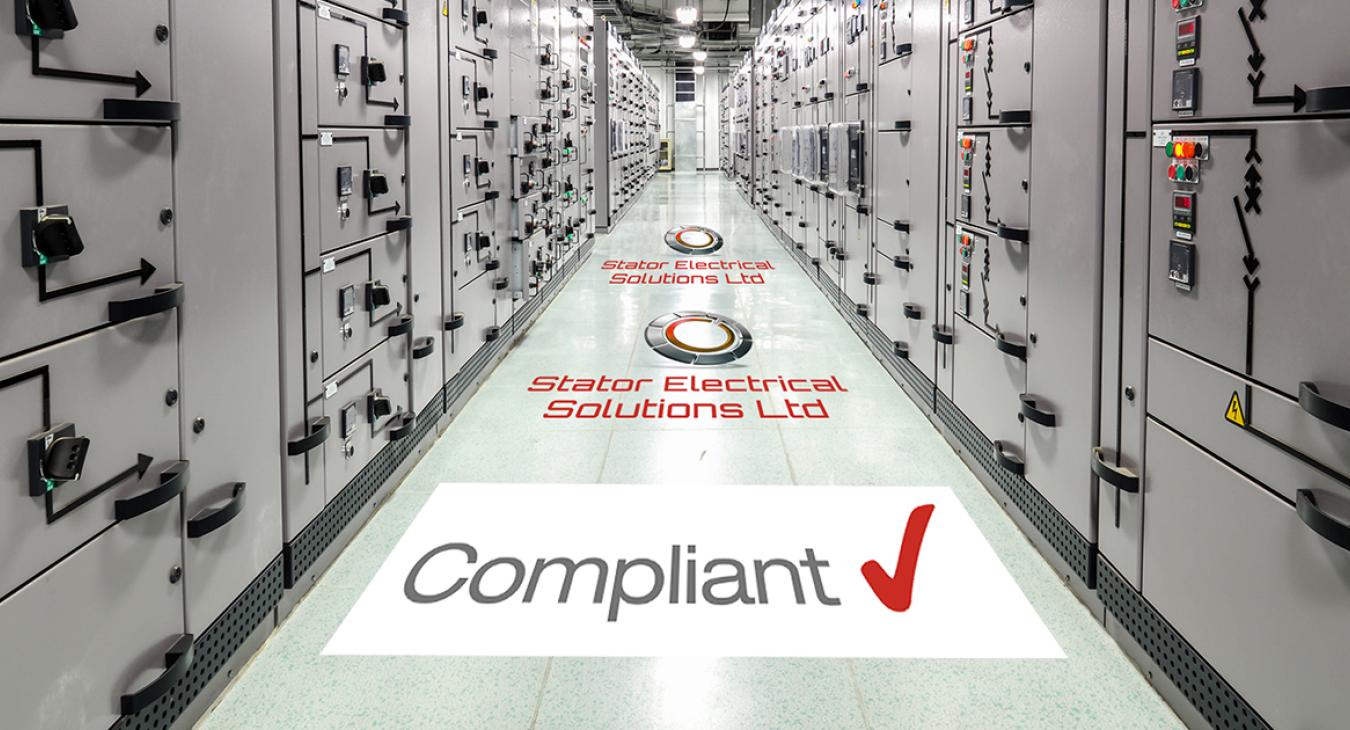
Like all businesses throughout the UK, those across the wider Derby, Nottingham, Mansfield, and Chesterfield area must demonstrate that they comply with an array of electrical regulations. Compliance to regulations not only satisfies the law, but tells all those who use buildings, electrical items, and equipment that a business is responsible, professional, and caring.
So What Legislation Should My Business Comply With?
PAT Testing is one thing, but there’s an array of electrical legislation you should familiarise yourself with. Firstly, the article of legislation that applies to almost all Midlands businesses is the Electricity at Work Regulations (1989). It pertains to all aspects of the use of electricity within the workplace. It places duties on employers, employees, and the self-employed to prevent danger.
Whether you’re a Building Services Manager, a Maintenance Technician, or a small business owner, understanding the basic requirements of this legislation is imperative. As well as preventing electric shocks, employers must take into account the suitability, design, construction, and installation of electrical systems used for specific tasks in the workplace. For many, the regulation requires the PAT Testing of all electrical devices.
So What is PAT Testing?
As per the Electricity at Work Regulations 1989, any electrical item that might be deemed to be ‘portable’ and that has the potential to cause injury must be maintained in a safe condition. The regulations don’t specify exactly what needs to be done to ensure this, but an examination of the device needs to be undertaken. A visual examination by an expert might identify certain defects. However, more formal visual inspection and testing by a competent person may also be required at appropriate intervals, depending upon the type of equipment and the environment in which it is used.
Electrical Inspection Condition Report - EICR
These are in-depth inspections of a property’s electrical systems and installations. They are assessed on three levels: C1: Indicating that danger exists, needing immediate attention; C2: indicating potential danger, advising urgent attention; and C3: indicating that electrics pose no danger, but still recommending improvements.
IET Wiring Regulations BS 7671, which sets the standard for electrical installations in the UK, recommends that Business Owners should have an EICR test once every five years; Landlords should also have an EICR test once every or when there is a change of tenancy; Homeowners should have an EICR test one every 10 years unless the property has a swimming pool. In this case, it is recommended the electrics should be tested every year. To learn more about EICR tests, click here to speak to a member of the Stator Electrical Solutions team.
Emergency Lighting and Fire Alarm Safety
Your safety-critical systems also fall within legislative requirements. Emergency lighting i.e. standby lighting, emergency escape, and escape route lighting must conform to BS 5266.
The fire alarms within your business premises must conform to RRO: The Regulatory Reform (Fire Safety) Order 2005. In addition, it is recommended that all fire alarm and detection systems should be installed and maintained in accordance with BS 5839.
To ensure that your emergency lighting and fire alarm systems remain legal, protecting all who use your business premises, click here to speak to an expert now.
What Other Legislation Should I be Aware Of?
If your business operates electrical machinery, then read-up on The Supply of Machinery (Safety) Regulations 1992. This regulation places requirements on manufacturers, suppliers, or their agents to ensure their products are safe. It also reduces barriers to trade within the Single Market by ensuring a common policy of safety and supply of machinery across the European Economic Area (EEA).
There are a number of other pieces of legislation that may affect your organisation, depending on which industry you operate, and throughout which geopolitical regions you do business. So to gain a better understanding of how you can ensure your business complies with the relevant electrical legislation, as well as guaranteeing all who interact with your business do so safely, click here to speak to a member of the Stator Electrical team now!
- Log in to post comments















